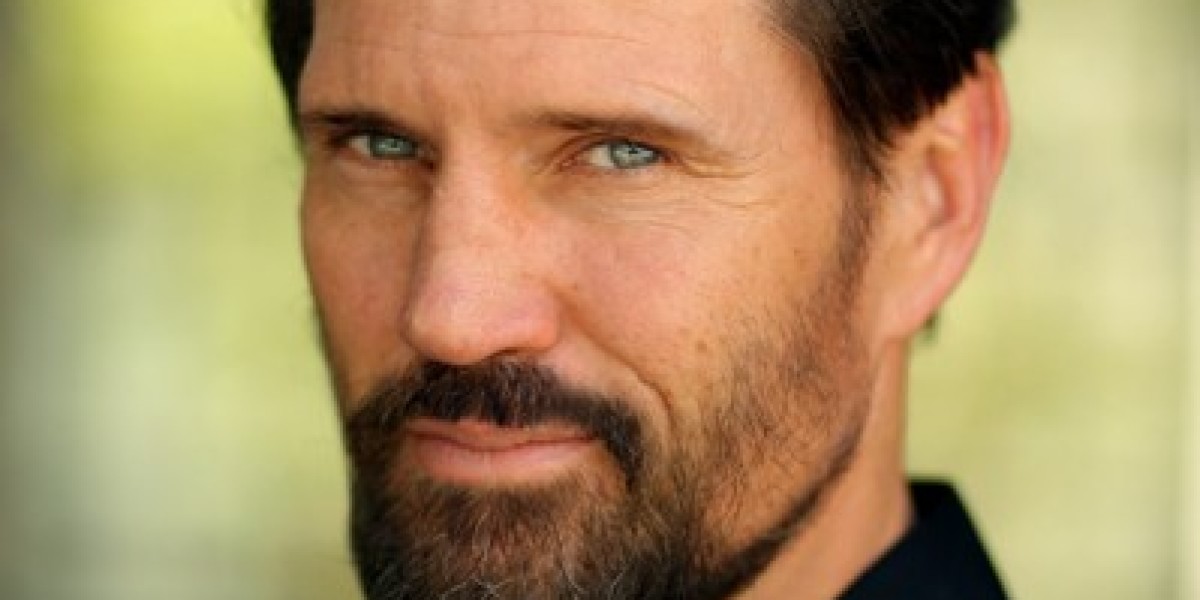In our fast-paced modern world where health information floods social media and conflicting advice creates confusion, many individuals struggle to navigate their personal wellness paths. This is where health counselors step in as trusted guides, offering evidence-based support tailored to each person's unique circumstances. Unlike generic health advice found online, health counseling provides personalized strategies that consider the whole person - their physical health, emotional wellbeing, lifestyle constraints, and personal goals.
Understanding the Health Counselor's Approach
Health counselors serve as bridges between medical recommendations and practical daily implementation. When a physician advises lifestyle changes to manage conditions like prediabetes, hypertension, or weight-related concerns, health counselors translate these medical recommendations into actionable, sustainable steps. Their approach begins with comprehensive assessments that explore not just symptoms but the root causes of health challenges, including sleep patterns, stress levels, work-life balance, and emotional connections to food and activity.
What sets health counseling apart is its focus on sustainable behavior change rather than temporary fixes. A health counselor doesn't simply tell clients what to eat or how to exercise. Instead, they employ motivational interviewing techniques to help clients uncover their own motivations and develop intrinsic drive for change. This collaborative process empowers individuals to take ownership of their health journey while receiving professional guidance to navigate obstacles and celebrate progress.
The Science Behind Behavior Change
Lasting health transformations require more than knowledge - they demand fundamental shifts in daily habits and mindset. Health counselors understand the psychology of behavior change, recognizing that willpower alone rarely leads to sustainable results. They help clients identify and overcome specific barriers that have derailed previous attempts at lifestyle modification, whether those barriers stem from time constraints, emotional eating patterns, or deeply ingrained routines.
Cognitive behavioral strategies form an important part of this process. Health counselors guide clients in recognizing how thoughts influence behaviors, helping them reframe unhelpful beliefs about food, exercise, or self-image. For someone struggling with emotional eating, this might involve developing alternative coping mechanisms for stress. For another client, it could mean restructuring their environment to make healthy choices more convenient and automatic.
Personalized Nutrition Guidance
Unlike rigid diet plans that prescribe identical meals for everyone, health counselors provide flexible nutrition frameworks adapted to individual preferences, cultural backgrounds, and metabolic needs. They help clients understand how different foods affect their energy, mood, and specific health conditions without promoting restrictive or extreme eating patterns. This approach fosters a positive relationship with food while still achieving health objectives.
For clients managing weight or metabolic conditions, health counselors explain the science behind food choices in practical terms. They might demonstrate how balancing macronutrients can stabilize blood sugar, or how meal timing affects energy levels throughout the day. Importantly, they work within each client's budget, cooking skills, and time availability to create realistic eating plans that don't feel like deprivation.
Movement as Medicine
Physical activity recommendations from health counselors extend beyond generic exercise prescriptions. They consider each client's current fitness level, mobility limitations, schedule constraints, and personal preferences to suggest movement strategies that are both beneficial and sustainable. For some, this might begin with simple strategies to reduce sedentary time throughout the day. For others, it could involve developing a progressive exercise routine that accommodates existing health conditions.
Health counselors emphasize finding enjoyable forms of movement rather than prescribing workouts focused solely on calorie burning. They help clients discover physical activities that provide stress relief, social connection, or creative expression - factors that increase the likelihood of long-term adherence. For clients with chronic pain or mobility issues, they collaborate with healthcare providers to develop safe movement plans that support overall health without exacerbating existing conditions.
Stress Management and Sleep Optimization
Recognizing how profoundly stress and sleep affect overall health, counselors provide practical techniques for managing these often-overlooked wellness components. They teach clients to recognize their personal stress triggers and develop individualized coping toolkits that might include breathing exercises, mindfulness practices, or boundary-setting strategies. For sleep challenges, they offer evidence-based suggestions for improving sleep hygiene while identifying and addressing underlying causes of sleep disturbances.
These interventions are particularly valuable for clients whose stress or poor sleep patterns contribute to emotional eating, low energy for physical activity, or difficulty maintaining focus on health goals. By addressing these foundational aspects of wellbeing, health counselors help create the mental and emotional conditions necessary for successful lifestyle changes.
Chronic Condition Management Support
For individuals managing diabetes, hypertension, or other chronic conditions, health counselors serve as valuable allies in implementing physician-recommended lifestyle modifications. They help clients understand how daily choices impact their conditions while providing ongoing support to maintain motivation. This might involve teaching symptom monitoring techniques, explaining the connections between lifestyle factors and medication effectiveness, or helping clients navigate social situations that challenge their health goals.
Importantly, health counselors maintain clear communication with clients' healthcare teams, ensuring their guidance aligns with medical treatment plans. They help clients prepare for medical appointments by organizing questions and observations, enabling more productive conversations with physicians about lifestyle-related aspects of care.
The Journey of Sustainable Change
True health transformation occurs through gradual, sustainable changes rather than dramatic overnight overhauls. Health counselors understand this process requires patience and celebrate small victories along the way. They help clients set realistic, measurable goals while developing contingency plans for challenging situations like vacations, holidays, or stressful life events that might otherwise derail progress.
Perhaps most importantly, health counselors foster self-compassion in their clients, helping them view setbacks as learning opportunities rather than failures. This supportive approach builds resilience and prevents the all-or-nothing thinking that often sabotages long-term success. Clients learn to view health as an ongoing journey rather than a destination, developing skills and mindsets that serve them for life.
Complementing Medical Care
Health counselors occupy a unique position in the healthcare continuum, providing the time and personalized attention that busy medical practices often cannot. While physicians diagnose conditions and prescribe treatments, health counselors focus on the day-to-day implementation of lifestyle recommendations. This collaborative approach ensures clients receive both the medical expertise and the practical support needed for comprehensive care.
Clients are always encouraged to maintain open communication with their primary care providers about the lifestyle changes they're implementing. Health counselors may suggest specific topics for clients to discuss with their doctors, such as medication adjustments that might become appropriate as lifestyle changes take effect. This team approach optimizes health outcomes while ensuring safety and appropriate medical supervision.
Empowering Long-Term Wellness
The ultimate goal of health counseling isn't temporary behavior modification but lasting empowerment. Clients gain not just knowledge but practical skills for navigating real-world challenges to their health goals. They develop confidence in making independent decisions that support their wellbeing long after the counseling relationship concludes.
This educational component distinguishes health counseling from simply telling clients what to do. Clients learn how to interpret nutritional information, evaluate health claims critically, and adjust their approaches as their needs evolve over time. This self-sufficiency represents the most valuable outcome of the counseling process - the ability to maintain and adapt health-supporting behaviors through all of life's changes and challenges.
For anyone considering working with a health counselor, the first step is consulting with their primary healthcare provider to discuss how this support could complement their overall care plan. With professional guidance tailored to individual needs and circumstances, sustainable health transformation becomes an achievable reality rather than an elusive ideal.








